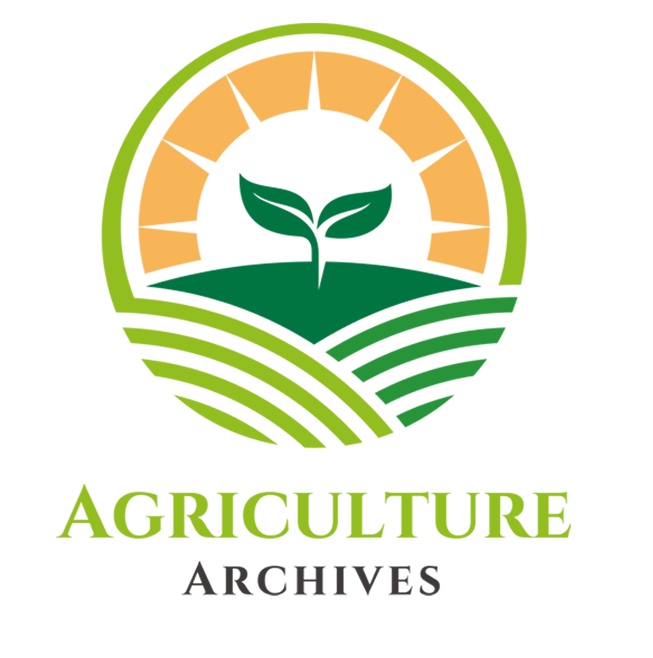This research examines the profitability and efficiency of cassava farming in Ekiti State, Nigeria, with a focus on evaluating the economic viability and production efficiency of this vital crop within smallholder farming systems. Cassava plays a crucial role in enhancing food security and generating rural incomes in Nigeria. The study adopts a comprehensive research approach, incorporating structured surveys and interviews with cassava farmers from selected communities in Ekiti State. To ensure a representative sample, a multi-stage sampling technique was applied. Data were gathered using a structured questionnaire, which captured information on socio-economic characteristics, cassava farming inputs and outputs, input costs, and tuber prices. Analytical methods included descriptive statistics, Gross Margin Analysis, and the Stochastic Frontier Production Model. Results highlight diverse profitability levels among cassava farmers and identify factors contributing to production inefficiencies. Strategies to enhance market access and patronage for cassava products were also explored. In Ekiti State, smallholder farmers typically realize ₦4.28 for every ₦1 invested in cassava production, with an observed increase of 1 kg in yield per 1-liter increase in agro-chemical use. Experienced farmers demonstrate higher technical efficiency, while average farmers could achieve up to a 7.5% increase in cost savings or production output by reaching the allocative efficiency levels of their most efficient counterparts. Poor patronage emerged as a critical constraint. Key recommendations include implementing targeted training programs to enhance the technical and allocative efficiency of less experienced farmers. Additionally, strategies should focus on improving market access and increasing patronage for cassava products to maximize profitability and efficiency in cassava farming within Ekiti State.
